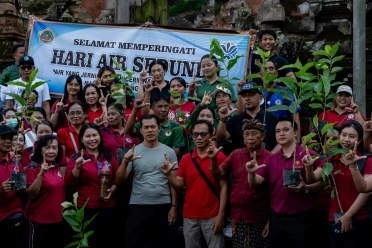Draped in iconic black tops and checkered bottoms,the 'Pecalang' are more than mere protectors of Bali's cultural legacy. With heightened senses and an ancient lineage dating back to the 1970s, these indigenous security forces are the vigilant gatekeepers of Bali's essence. As the sun sets over the Island of Gods on several grand occasions, they emerge as a force of tradition and honor, ready to uphold the sanctity of ceremonies and the very soul of this magical island.
The Cultural Sentinels: Unveiling Legacy of Balinese 'Pecalang'
The Watchful Guardians
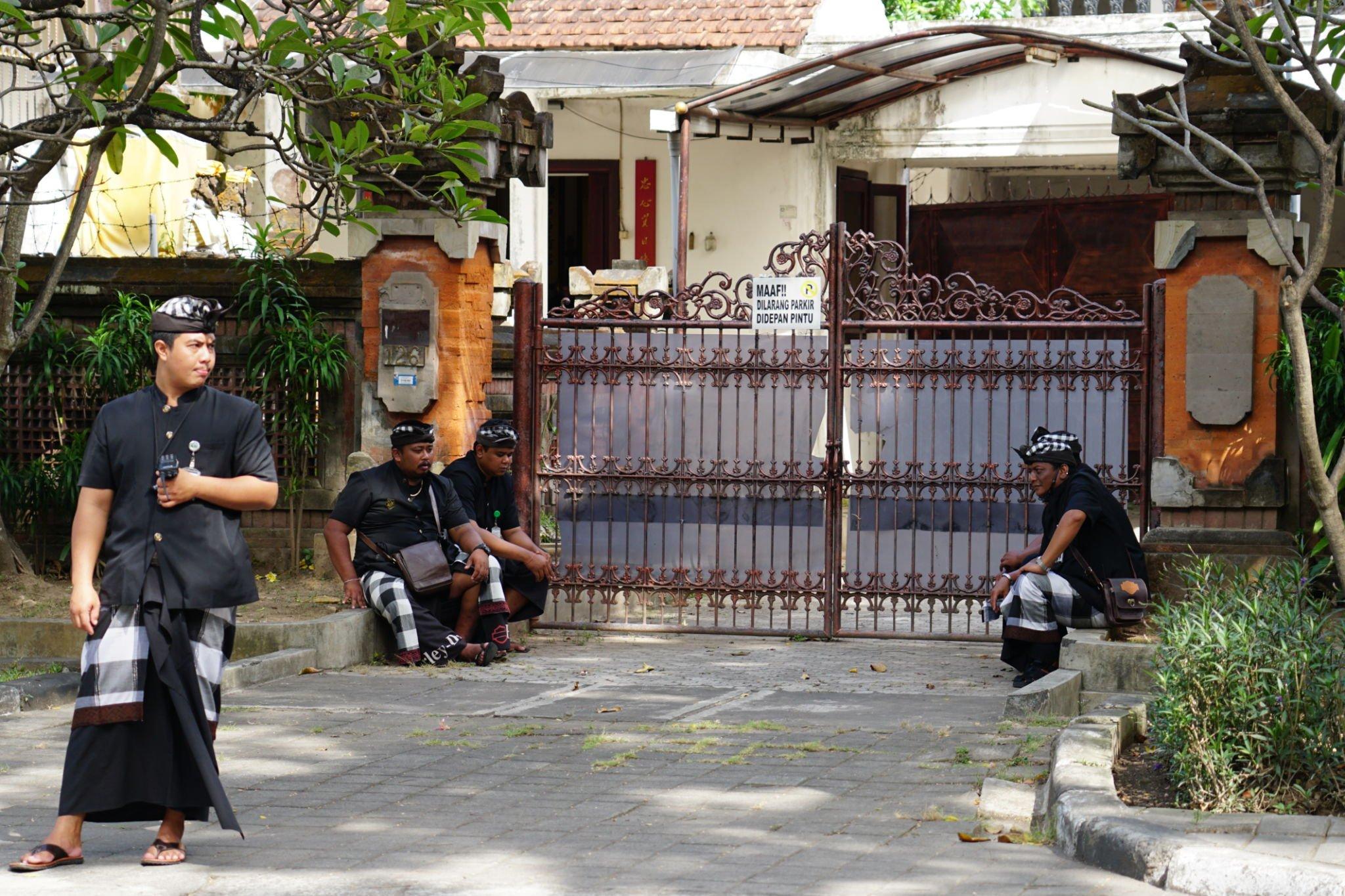
As the sun sets and the island gears up for the sacred silence of Hari Raya Nyepi, the streets come alive with a unique presence - the Pecalang. Dressed in distinctive Balinese attire of black tops, checkered bottoms, and traditional headgear, these vigilant guardians patrol the roads. The name "Pecalang" is derived from "celang," which translates to sharp senses, aptly reflecting their role as vigilant protectors of Bali's customs and traditions.
The Historical Significance
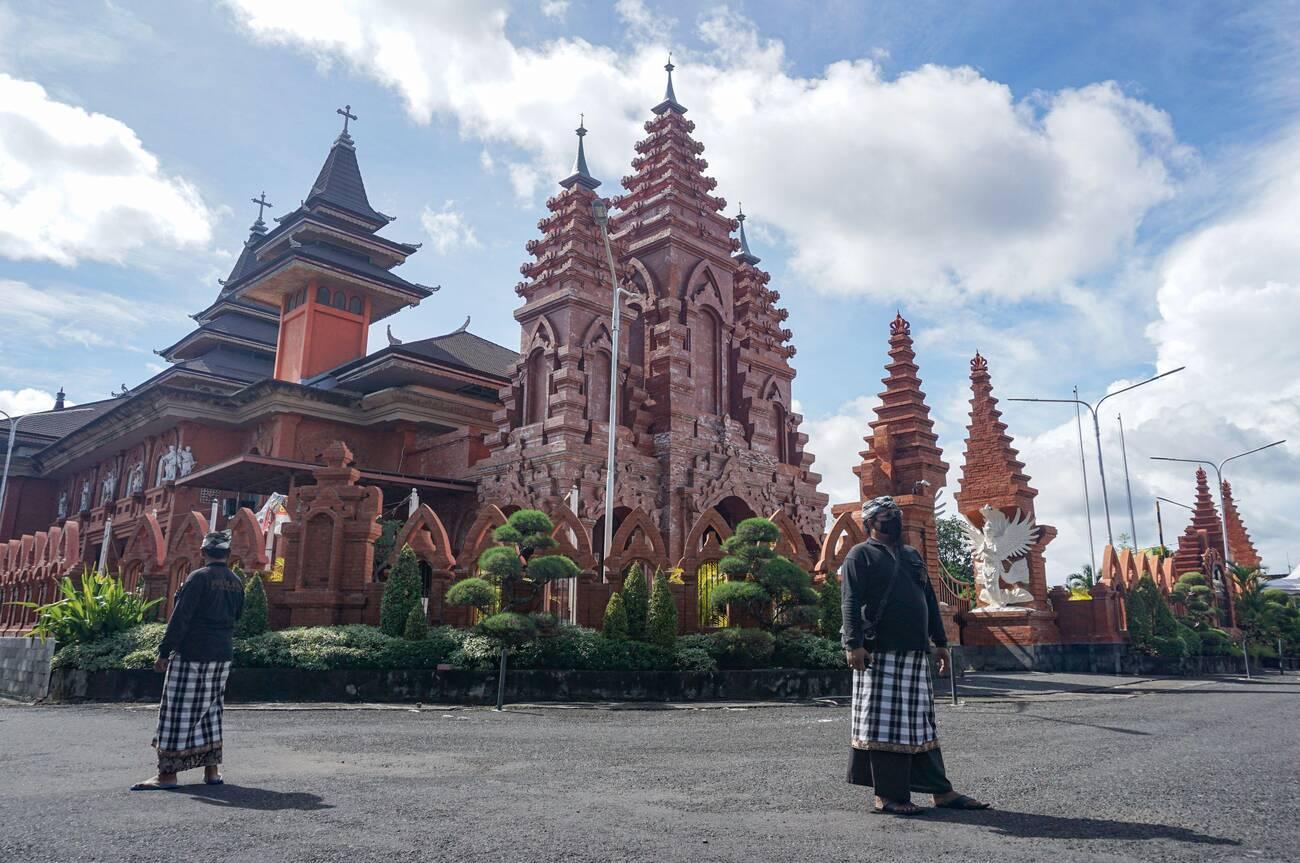
The origins of Pecalang can be traced back to the 1970s, when it was initially tasked with upholding the security of traditional villages and religious ceremonies. The establishment of pecalang is intricately linked to the creation of the "desa pekraman," or traditional village. This ancient institution, borne from a vision of order and safety, evolved over time to encompass a broader range of responsibilities, including political events, festivals and also the big celebration of other religions (i.e. Christmas in Cathedral Church, or Ied Fitri at Mosque). Over the years, Pecalang has acquired a legal footing through regional regulations, embodying their pivotal role in maintaining order and upholding the sanctity of Balinese traditions.
The Distinct Authority
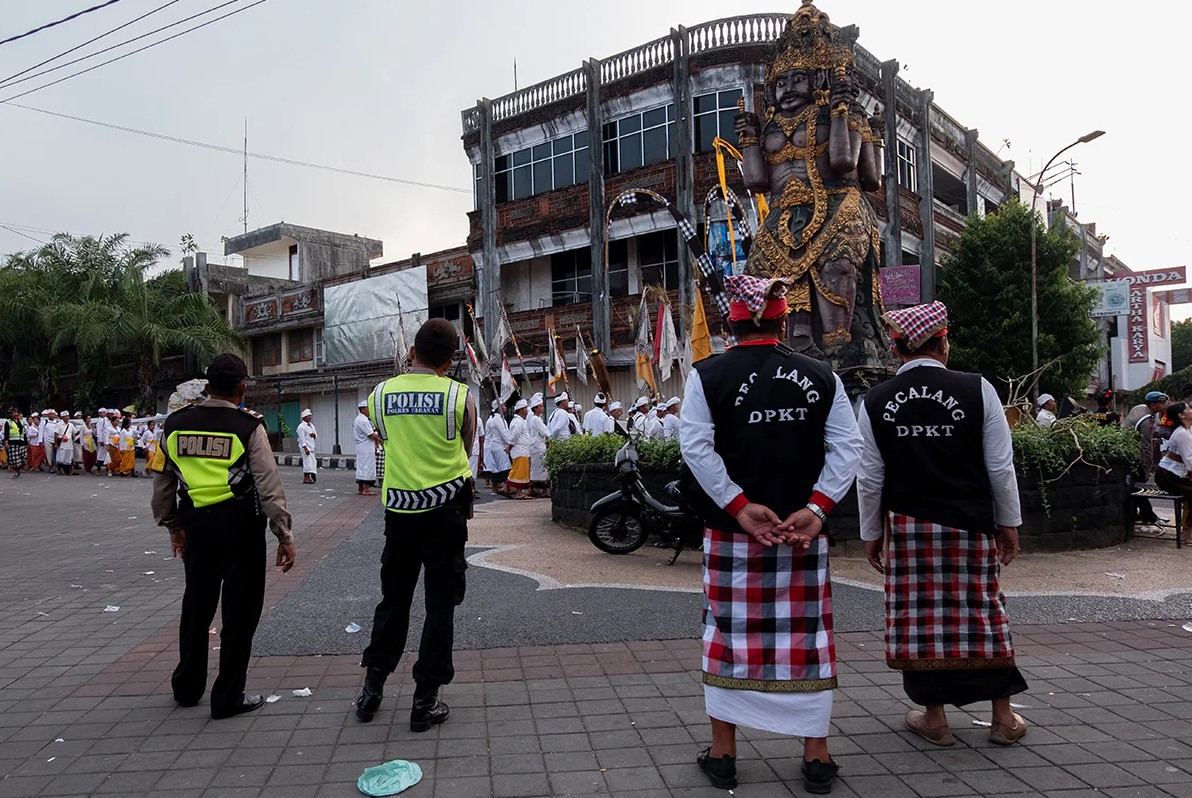
What sets the Pecalang apart in their noble duty is not just their traditional attire or vigilant presence, but also their unique legal status. They hold a distinct authority, derived from Balinese customary law and sanctioned by regional regulations. While they operate in a capacity similar to regional police, their essence goes beyond conventional law enforcement. They are the embodiment of community, faith, and culture, standing as the bridge between the modern legal framework and the ancient traditions that define Bali.
The Desirable Qualities
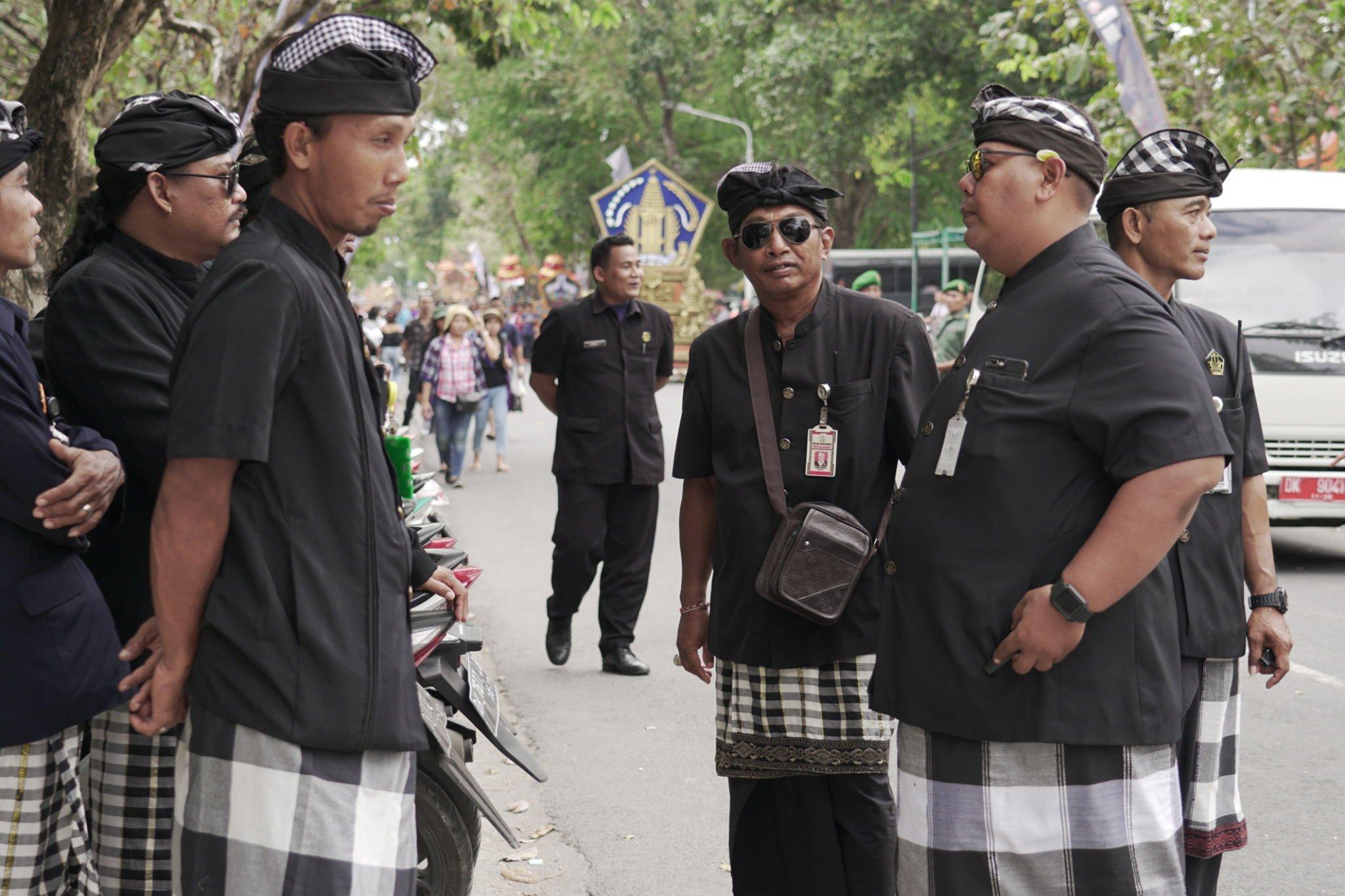
To be a Pecalang guardian is to possess heightened sensory perception. Individuals aspiring to be part of this revered institution must have sharp vision, a keen sense of smell, acute hearing, and heightened intuition. Moreover, they must adhere to the Hindu faith, be of good character, be above 25 years of age, and be free from any legal complications. A recommendation from the village leader is a prerequisite for acceptance.
The Vital Functions
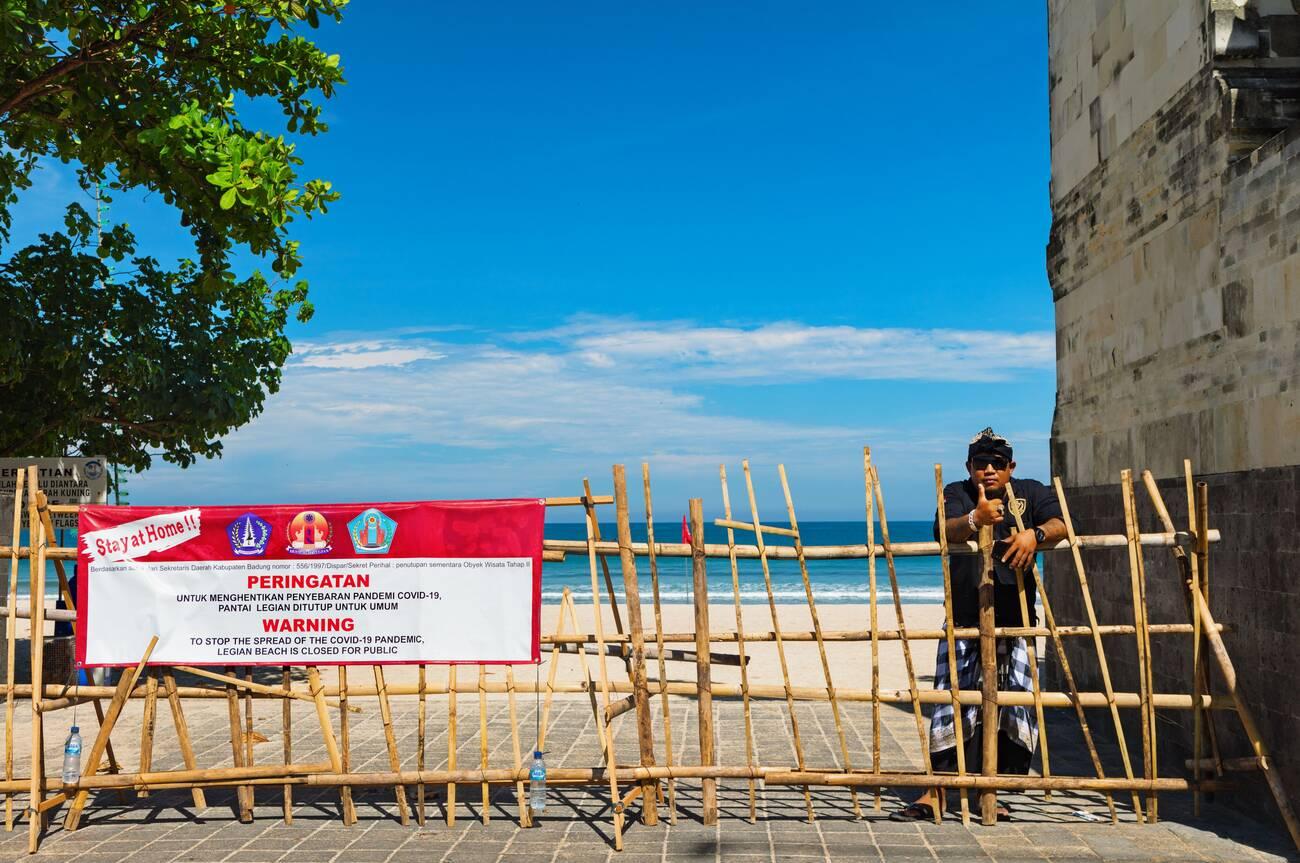
In alignment with Hindu teachings, Pecalang assumes a multifaceted role. They diligently watch over the natural and social environment, maintaining order and safety in villages, ceremonies, and religious rituals. Positioned strategically at the eight cardinal points of the village, Pecalang is tasked with safeguarding the cultural and religious practices of their community.
The Iconic Image
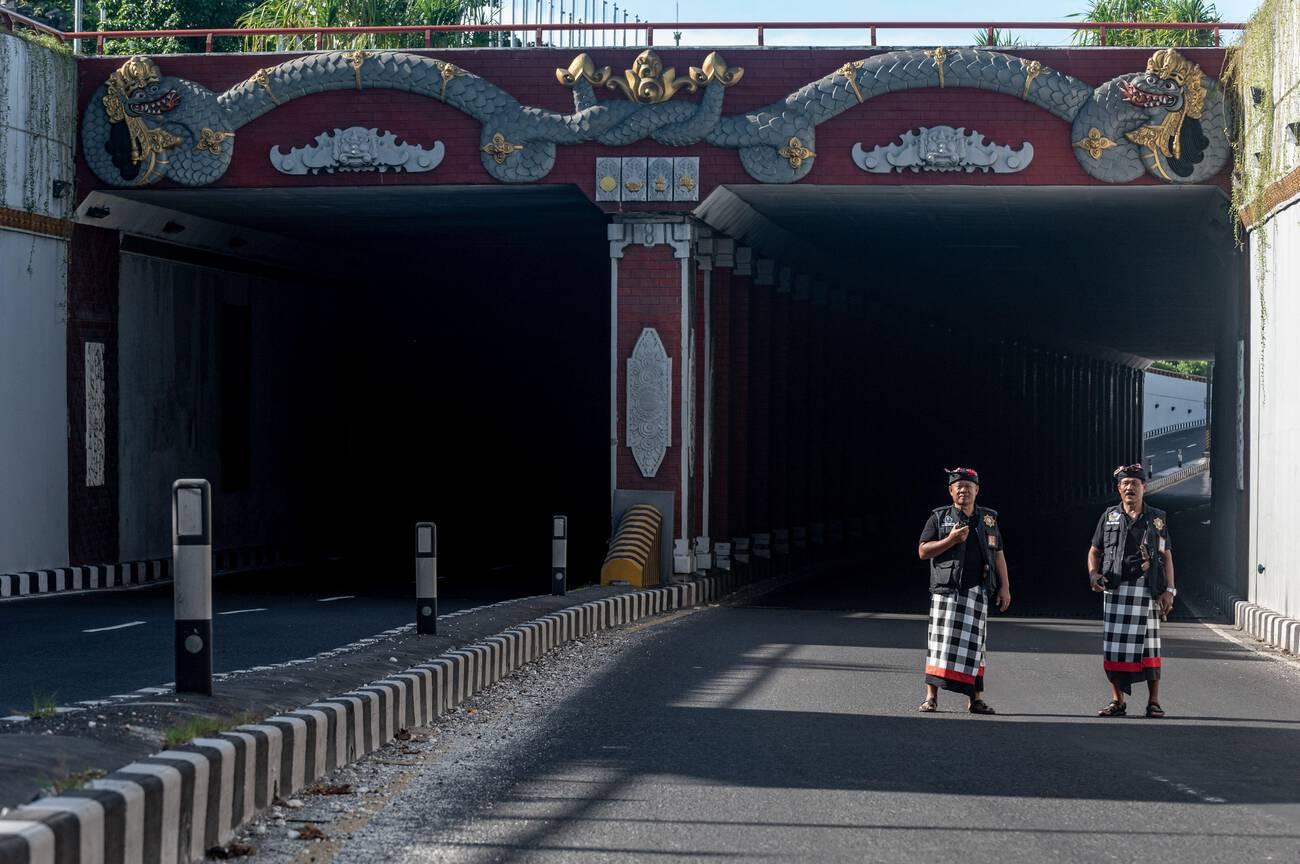
In the bustling streets of Bali, discerning the presence of a pecalang is quite distinctive. Adorned in ‘udeng’ (traditional Balinese headgear), buttonless vests, poleng sarongs, and the quintessential checkered cloth, these guardians carry the ceremonial ‘keris’ dagger, complementing their iconic ensemble.
The role of Pecalang transcends the boundaries of tradition. Originally safeguarding the sanctity of ceremonies, they have now evolved into a formidable force ensuring safety during cultural events, from musical performances to international conferences. Despite this evolution, their core essence remains rooted in preserving Balinese customs and traditions.



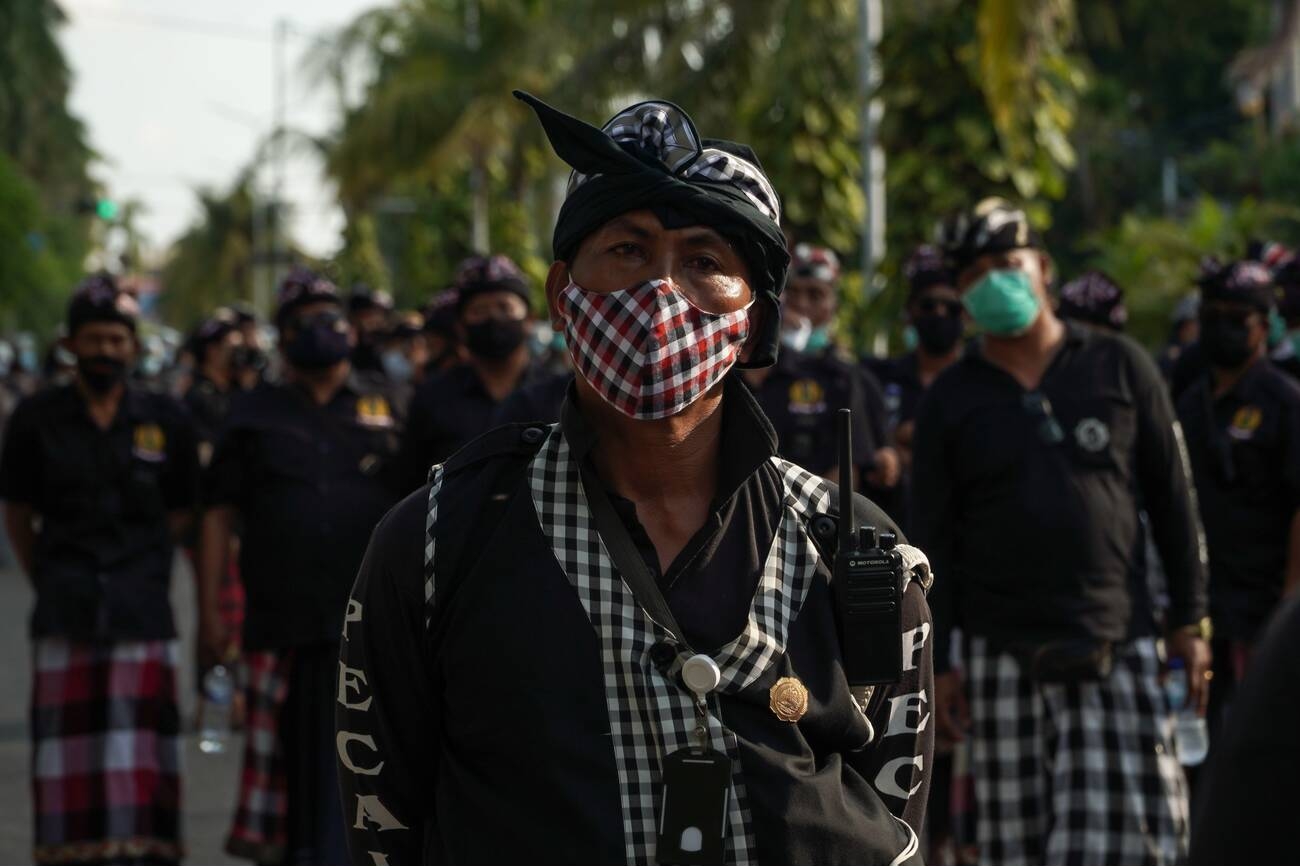
 Billy Bagus
Billy Bagus
 Oct 13, 2023
Oct 13, 2023



